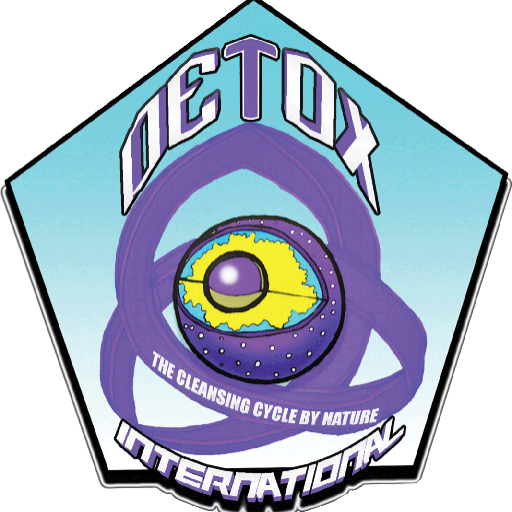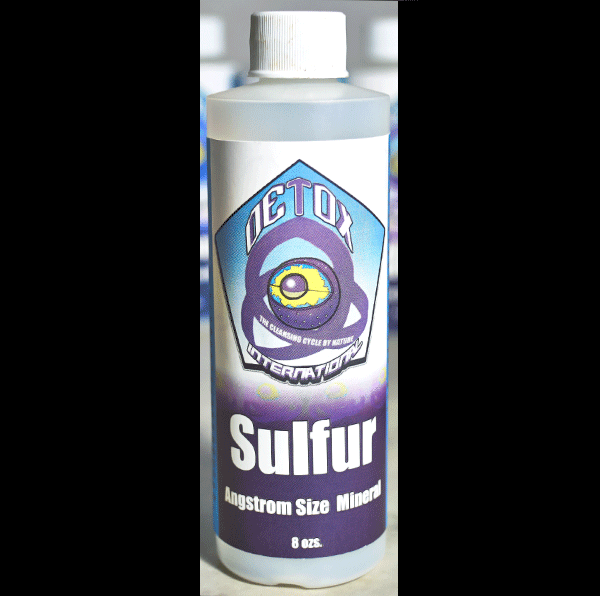700 +/- parts per million
Sulfur is known as a healing mineral. It aids every cell in the elimination of toxic substances through agitation. Sulfur aids functions in enzyme reactions and protein synthesis and is important in cellular respiration. Sulfur is the flexible bond that connects cells; it is the lubricant found between joints. A deficiency of water-soluble sulfur can lead to a variety of conditions ranging from skin irritations and rashes to total breakdown of cellular regeneration. Pain and inflammation associated with various muscle and skeletal disorders indicate a deficiency of sulfur.
It is believed that sulfur can repair the myelin sheath, the protector on the end of every nerve in the body. Damage to the myelin sheath causes the shaking condition in palsy, Multiple Sclerosis, Lorenzo’s Disease and many other disease conditions where motor functions are uncontrollable.
Chronic or severe allergies to materials such as dust, pollen, wool, animal hair, feathers, etc. with symptoms ranging from respiratory congestion to inflammation, itching, and general discomfort, can be relieved with sulfur. It increases blood circulation, reduces back pain, relieves migraine headaches, promotes muscle healing, scavenges free radicals, beautifies the skin, relieves allergies to food, controls acidity in stomach ulcers, is important for carbohydrate metabolism and speeds wound healing. Sulfur is stored in the brain, nerves, bowel and liver, and in all body cells, especially skin, hair, and nails.
Some symptoms of a sulfur deficiency:
- Arthritis
- Infection
- Asthma
- Migraines
- Acne
- Muscle pain
- Back pain
- Nerve disorders
- Constipation
- Stress
- Circulatory problems
- Skin disorders
- Dry skin
- Urinary tract disorders
- Free radical damage
- Various muscle and skeletal disorders
- Inflammation
- Wrinkles
Natural sources: kale, cabbage, cauliflower, horseradish, cranberries, meat, fish, egg yolks, onion, garlic.







There are no reviews yet.